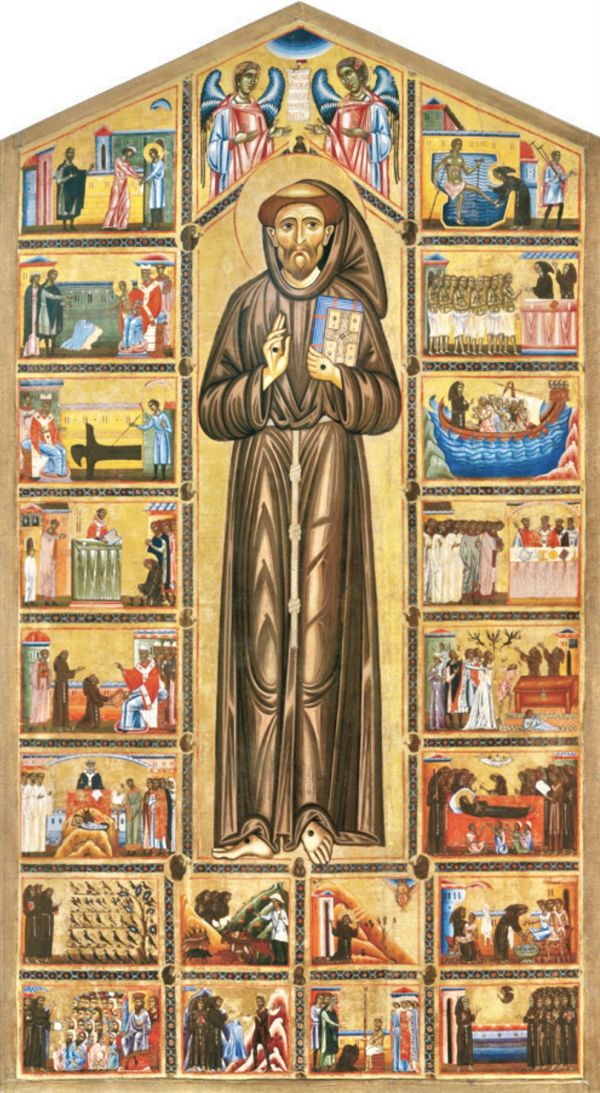(Mt 16:24-28)
Everything we do - even in the risk - is motivated by the quest for fullness of being and happiness. We are passionate about the way in the Spirit for the same reason: to have an increase in life.
But in the Master’s proposal we perceive a disconcerting logic: to be protected from vain illusions that degrade, we must not rush to grab prestigious roles, goods, relationships that matter.
The most attractive and showy things remain external and infertile. They do not regenerate us.
Instead... waiting, listening, exercising passive virtues, bitterness and defeat, call to re-enter ourselves - and they are preparing the most pertinent and well-founded future developments, precisely in favor of a full existence.
But in the misunderstanding, even those who are not afraid of sacrifices can swing, because the Way of Christ seems to lead us immediately to social contempt, to failure.
Even for Jesus the evangelization of the Apostles and the "neighbours" - all intent on softening and attenuating his immoderate Dreams - was not a child’s play.
Yet the Master does not be taken like hostage - indeed, it’s He who has put the disciples’ leader back in his place (vv.22-23).
The cross was the death penalty and perennial shame reserved for rebellious slaves; bandits, subversives, misfits who refused their position of civil marginalization.
And agreeing to lift the horizontal arm of the public scaffold behind Jesus means still today forgetting the "reputation", being covered with shame.
Not by asceticism, nor particular perfectionism. But so that time is left to Providence, for preparing us.
The coming life will appeal to other energies, arrange events in a more mysterious than obvious way.
It will bring into play different personal and social virtues - confluent - cosmic and intimately humanizing; acutely fascinating and springy.
In the storm, the passion of love has its preparatory stages, mysterious [of higher calibre], that will bring out authentic awareness. And the fraternal spirit that is nestled in the soul.
The perspective is in this sense personal, but not individualistic, rather that of the «Son of Man» that allows us intuiting the human, accessible and deifying aspect: let’s help ourselves to grasp Him Present (vv.27-28)!
«Son of man» is the One who, having pushed himself to the maximum of love in the fullness of Person, comes to reflect the divine condition, shows it and radiates in eminent marks.
Embraced by our own identifying Call, we will experience the Father providing for us. In this way, we will succeed in lifting the flowered Cross that fertilizes the soul and the world around.
On this ray of ‘light’, even in the great hardships of our time we will be like the Friend-Guide: genuine, not homologated; lying on the core of being, but standing on unexplored roads.
Simultaneously engaged and serene. Less banal, for personal contact.
To internalize and live the message:
In what sense did you experience life gained, after having “lost” it? Contacting what dormant energies? On which unexplored roads?
[Friday 18th wk. in O.T. August 8, 2025]












